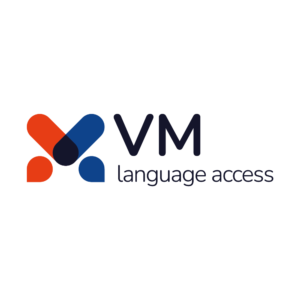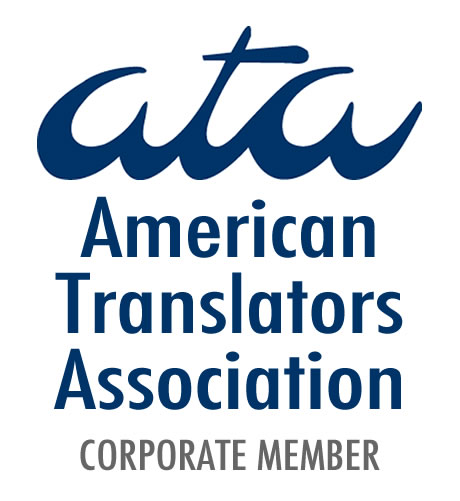
Interpreter Coordinator
Interpreter Coordinator Role
Interpreter coordinators(IC) play a pivotal role in the language service industry, overseeing the scheduling and management of interpreter assignments to ensure effective communication between parties with language barriers. As a central point of contact between clients, interpreters, and recipients of interpretation services, interpreter coordinators must possess strong organizational, communication, and problem-solving skills to facilitate seamless language access. This role requires attention to detail, cultural competency, and the ability to navigate diverse linguistic and cultural contexts while upholding professional standards and ethical guidelines.
The primary responsibilities of an interpreter coordinator include:
Scheduling Assignments: Interpreter coordinators or schedulers are responsible for matching qualified interpreters with client assignments based on language proficiency, specialization, and availability. They must coordinate interpreter schedules, consider time zones, travel requirements, and logistical constraints to ensure timely and accurate interpretation services.

Communication Management: Schedulers serve as liaisons between clients and interpreters, conveying assignment details, expectations, and any specific requirements to both parties. Effective communication is essential for clarifying instructions, addressing concerns, and resolving conflicts that may arise during assignments.
Quality Assurance: coordinators must uphold quality standards by vetting interpreters’ credentials, experience, and linguistic proficiency. They ensure that interpreters adhere to ethical guidelines, maintain professionalism, and deliver accurate and impartial interpretation services in various settings, including legal, medical, educational, and corporate environments.
Problem Solving: Coordinators troubleshoot issues that may arise during assignments, such as technical difficulties, language barriers, or cultural misunderstandings. They must be prepared to handle challenging situations, address client concerns, and support interpreters in navigating complex communication scenarios effectively.
Compliance and Documentation: IC people maintain accurate records of interpreter assignments, client preferences, and interpreter qualifications to ensure compliance with regulatory requirements and industry standards. They may also handle billing, invoicing, and contract management related to interpretation services.
Best practices for interpreter coordinators include:
Establishing Clear Communication Channels: Maintaining open and transparent communication channels with interpreters and clients is essential for fostering trust, clarity, and effective collaboration. Interpretation coordinators should provide detailed instructions, feedback, and updates to ensure seamless coordination and alignment of expectations.
Building Relationships: Developing strong relationships with interpreters, clients, and stakeholders is key to successful interpreter coordination. By understanding individual preferences, cultural norms, and communication styles, coordinators can personalize their approach and create a positive working environment for all parties.

Prioritizing Professional Development: Interpreter coordinators should stay informed about industry trends, best practices, and regulatory requirements to enhance their skills and knowledge. Continuous professional development opportunities, such as training programs, workshops, and certifications, can help interpreter coordinators improve their performance and adapt to evolving demands in the language service industry.
Implementing Technology Solutions: Leveraging technology tools, such as scheduling software, communication platforms, and interpretation management systems, can streamline interpreter coordination processes and enhance efficiency. Interpreter coordinators should familiarize themselves with digital tools that support remote interpretation, real-time communication, and data management to optimize their workflow.
Cultivating Cultural Competency: Recognizing and respecting cultural differences, norms, and sensitivities is essential for interpreter coordinators to navigate diverse linguistic and cultural contexts effectively. By promoting cultural awareness and sensitivity training, interpreter coordinators can enhance their ability to support interpreters and clients in cross-cultural communication settings.
In conclusion, interpreter coordinators play a critical role in facilitating effective communication and language access for individuals with diverse linguistic backgrounds. By mastering organizational, communication, and problem-solving skills, interpreter coordinators can streamline interpreter coordination processes, uphold professional standards, and ensure the delivery of high-quality interpretation services. Embracing best practices, fostering relationships, and prioritizing professional development can empower interpreter coordinators to excel in their role and make a positive impact on the language service industry.











